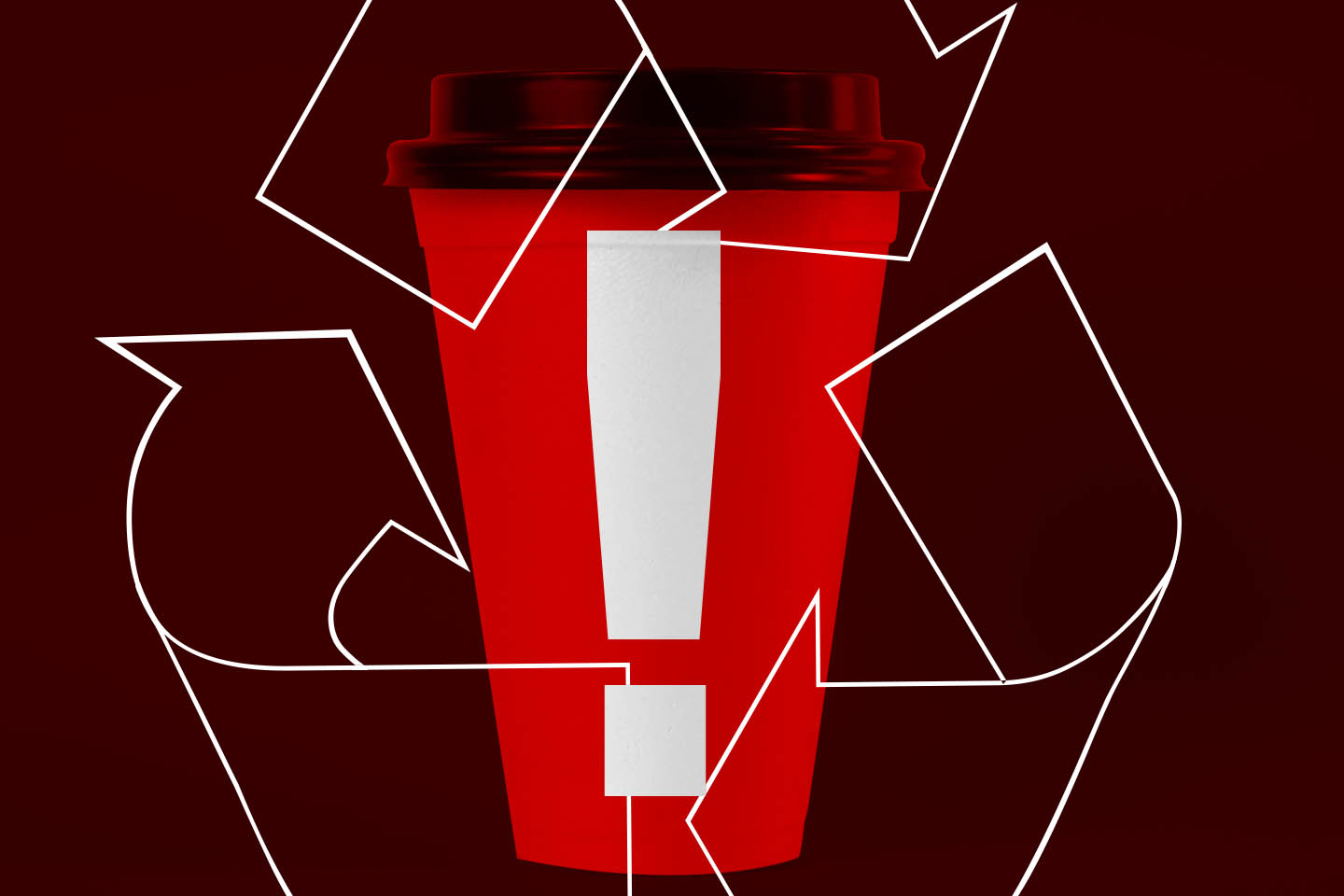Some Companıes Prevents Recycle Of Plastıc And Paper
Probably the most prominent man-made cultural symbol of the twentieth century is the disposable cups of the secondary current coffee shops. It is possible to see people everywhere with coffee cups and company logos on them. In fact, these coffee companies have sold the reusable glasses for their loyal customers, which are similar in appearance. You take it once, it’s yours. But before that, disposable plastic cups and pipettes were the target of environmental groups.
According to the data published by the International Coffee Organization, an average of six hundred million plastic and paper cups are produced annually around the world. This is the most famous of the secondary current of coffee companies, 1% per year is responsible for a portion of six million. And after consumers finish their lattes and cold teas, the end of these cups is usually in waste stores, and badly in the seas and oceans. This large secondary current coffee company is particularly leading this pollution. Environmentalist groups have even worn the nickname “Cup Monster”.
The reasons for this are that the already made coffee cups are covered with a thin plastic liner to prevent currents, making it difficult to recycle them. The reason is that the plastic is very difficult to separate from the paper, and even if the best paper recycling is done, it is blocking the plastic machines. As a result, most cities do not have the infrastructure to do this, as a result of this, adventure ends in waste depots. This problem varies according to the waste collection and recycling facilities provided by the country where the coffee company branches are located and the region where the rental company makes it. Despite the fact that companies of this size have the power to build an infrastructure, considering that they are constantly buying these products, it is easier and cheaper to send them to waste depots than to recycle their cups.
So wouldn’t these companies use fully fertilized, eco-friendly glasses? Unfortunately this is not so simple. Even if they use biodegradable, compostable products, there is no infrastructure to sort out the plant in which this company works. A healthy result can be obtained if the waste is disposed of only in suitable waste facilities. Since it cannot produce enough heat for the process, it is meaningless to send it to organic waste recycling plants, an official of the company. The same applies to plants where local wastes are collected, and anaerobic (oxygen-free separation) emits methane gas (greenhouse gas).
As a result, even if companies are offered completely organic and disposable cups and pipettes, we must first separate each waste that we will consciously take. So you’re going to understand, the business ends again. It is obvious that companies will always go easily and cheaply. In fact, presenting an organic product brings big sums in production. But we are sure that at least the cups used in the service of cold drinks need to be produced from a different material. For our world, we need to keep risks to a minimum.
https://www.eater.com/2018/3/28/17172556/starbucks-cup-waste-sustainable-compost-recyclable



